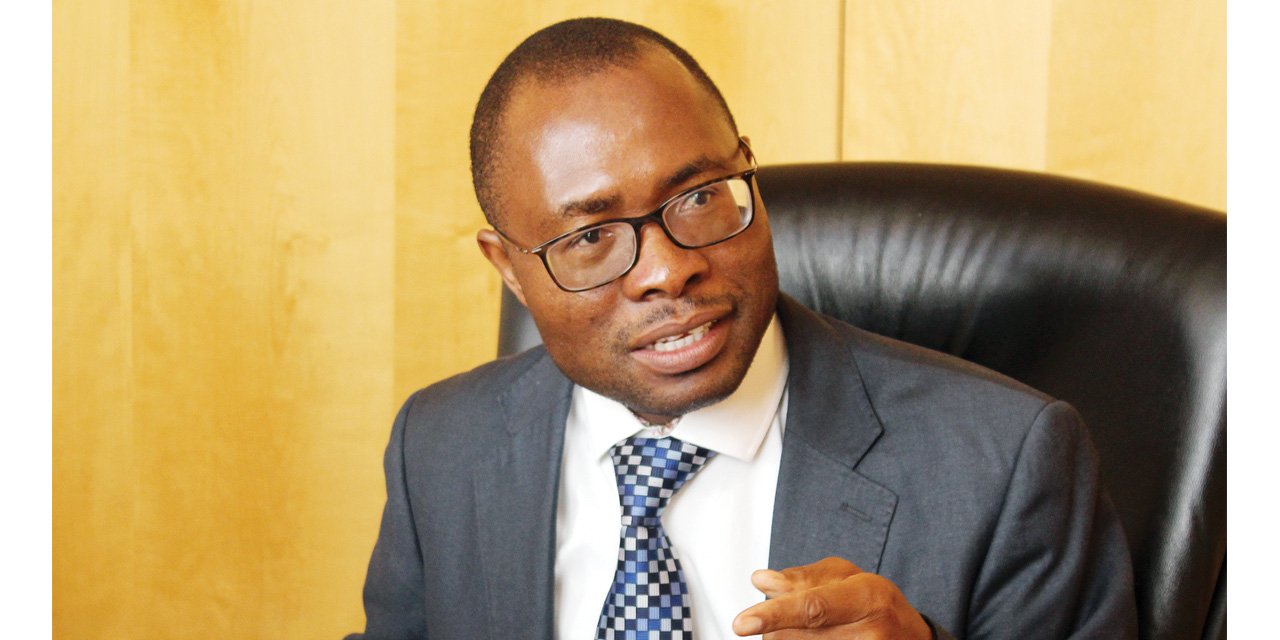Andrew Kathindi
Government is considering auctioning off all fish quotas for future allocations, and not just its portion kept for governmental objectives, Finance Minister Iipumbu Shiimi has revealed.
This possible government action comes from the Presidential High-Level Panel on the Namibian Economy (HLPNE), which was appointed by President Hage Geingob last year. The Panel has the scope to consult and make recommendations to the President on the Namibian economy. It recommended that government auction off its fish quota for governmental objectives. These quotas were, in the past, handed to Fishcor to facilitate their disposal.
Last week Shiimi revealed that the government only secured $8.4 million from bids originally calculated to be worth N$627.9 million.
In parliament on Tuesday, the finance minister revealed that while no decision has been taken to auction off commercial quotas at the moment, unlike other natural resources, such as minerals, the State does not directly benefit from the proceeds of the fish that has been caught and sold by fishing right holders.
“Unfortunately, the fishing sector is treated differently, hence the recommendation of the HLPNE for the Government to consider an auction system in allocating all fishing quotas for Namibians to fully benefit from the country’s fishery resources. So far, however, only the quota for the government has been auctioned,” the finance minister said.
The finance minister said that government needs to find better ways to benefit from the country’s natural resources without undervaluing the importance of the fishing sector.
“This sector contributes significantly to employment and foreign exchange earnings of the country. Namibia, however, has significant socio-economic needs. For example, a large number of her population still resides in informal settlements and lack access to basic amenities such as water, sanitation, electricity.”
He added, “Therefore, more resources are needed to address these socio-economic challenges, hence the decision to auction the governmental objectives quota.”
Shiimi said that the main reason the government’s quota was auctioned off was to find better ways for the country to fully benefit from her natural resources, as well as to promote transparency.
“Although the first auction did not yield the desired outcome, we gained significant insight from the process. This knowledge will be used to ensure that future auctions will reach the set objectives.”
Shiimi also said payment guarantees or bid securities before participation in the auction will be required in the future.
“This will ensure that bidders meet their financial commitments and mitigate the risk of speculative bids. In addition, more time will be given to bidders to arrange their finances. Further, bidders will be required to prove that they have access to fishing vessels.”
As government considers widening the net for what it will be able to auction off, these requirements could also impact the commercial quota allocations in future.
Finance Ministry spokesperson Tonateni Shidhudhu confirmed to Windhoek Observer that the process to consider auctioning off all quotas was initiated but stated that the matter had yet to be approved and there was no timeline for when/if this would likely come into effect.
“The Technical Committee is yet to finalize and implement the recommendations.”
This comes as earlier this year, several companies who lost out of fishing quotas or had their quotas significantly reduced had threatened to retrench hundreds of their workers claiming that they would no longer be able to operate.
The recommendation by the Presidential High-Level Panel on the Namibian Economy was met with disapproval by several fishing industry players, with many saying it would undermine wider access to opportunities in the fishing industry and only enrich those who are already rich.




